COURSE OVERVIEW
DE0732 : Reservoir Fluid Properties
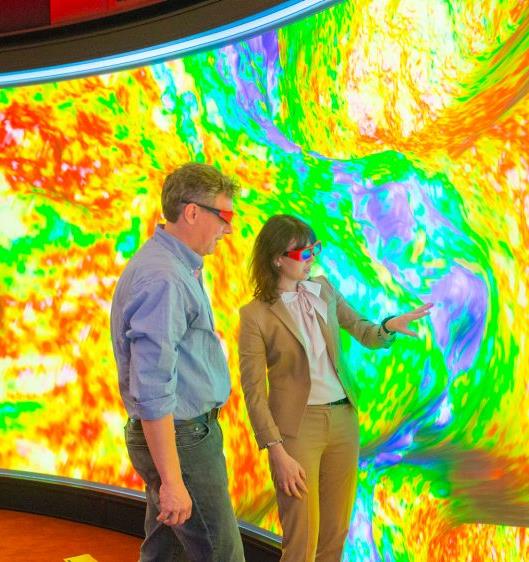
OVERVIEW
| COURSE TITLE | : | DE0732 : Reservoir Fluid Properties |
| COURSE DATE | : | Apr 27 - May 01 2025 |
| DURATION | : | 5 Days |
| INSTRUCTOR | : | Mr. Marlon Dragner |
| VENUE | : | Doha, Qatar |
| COURSE FEE | : | $ 8500 |
| Request For Course Outline | ||
Course Description
This practical and highly-interactive course includes various practical sessions and exercises. Theory learnt will be applied using our state-of-the-art simulators.
The reservoir engineer today is able to evaluate and predict reservoir performance much more precisely through the application of multi-dimensional models to mathmatically simulate reservoir behavior. The additional precision requires more attention to the reservoir fluid properties than the traditional material balance studies. This course discusses the problems involved and reviews several techniques which have been employed to achieve improved accuracy in the application of fluid properties in reservoir studies. The techniques presented attempt to consider variations in properties spatially within the reservoir as well as variations with pressure and composition.
This course is designed to provide an up-to-date overview of reservoir fluid properties as a preparation stage for reservoir engineering and simulation studies. It covers the fundamental of hydrocarbon phase behavior; the fundamentals of fluid; the type of fluid in particular reservoir and predict how that fluid will behave during production; the hydrocarbon-plus fractions characterization; the properties of natural gas; the dry gas models, brine models, wet gas models, dead oil models, black oil models, volatile oil models, gas condensate models; and fluid sampling and laboratory testing.
The course goes beyond the usual description of reservoir fluid properties. The underlying purpose is to be able to prepare the most accurate possible set of values of fluid properties for use in other engineering calculations. An understanding of the advantages of the application of both laboratory data and correlations will be provided. Extensive exercises are used to illustrate the principles and to test the consistency of measured data. Accordingly, participants are encouraged to bring their own PVT laboratory data to deconstruct in class. Equations of State calculations are introduced and a tuning exercise is conducted on commercial software.
By the end of the of the course, participants will understand the PVT properties of crude oils; reading and quality checking of PVT reports and the corrections to laboratory data; the equations of state and phase equilibria; the usage of laboratory data to determine values of fluid properties for use in engineering calculations including equation of state; the usage of correlations to determine values of fluid properties in the absence of laboratory data; selecting the best available fluid property correlations for oils, gases and oilfield waters; and shaping PVT data to get the best results out of analytical and numerical software.
link to course overview PDF
The reservoir engineer today is able to evaluate and predict reservoir performance much more precisely through the application of multi-dimensional models to mathmatically simulate reservoir behavior. The additional precision requires more attention to the reservoir fluid properties than the traditional material balance studies. This course discusses the problems involved and reviews several techniques which have been employed to achieve improved accuracy in the application of fluid properties in reservoir studies. The techniques presented attempt to consider variations in properties spatially within the reservoir as well as variations with pressure and composition.
This course is designed to provide an up-to-date overview of reservoir fluid properties as a preparation stage for reservoir engineering and simulation studies. It covers the fundamental of hydrocarbon phase behavior; the fundamentals of fluid; the type of fluid in particular reservoir and predict how that fluid will behave during production; the hydrocarbon-plus fractions characterization; the properties of natural gas; the dry gas models, brine models, wet gas models, dead oil models, black oil models, volatile oil models, gas condensate models; and fluid sampling and laboratory testing.
The course goes beyond the usual description of reservoir fluid properties. The underlying purpose is to be able to prepare the most accurate possible set of values of fluid properties for use in other engineering calculations. An understanding of the advantages of the application of both laboratory data and correlations will be provided. Extensive exercises are used to illustrate the principles and to test the consistency of measured data. Accordingly, participants are encouraged to bring their own PVT laboratory data to deconstruct in class. Equations of State calculations are introduced and a tuning exercise is conducted on commercial software.
By the end of the of the course, participants will understand the PVT properties of crude oils; reading and quality checking of PVT reports and the corrections to laboratory data; the equations of state and phase equilibria; the usage of laboratory data to determine values of fluid properties for use in engineering calculations including equation of state; the usage of correlations to determine values of fluid properties in the absence of laboratory data; selecting the best available fluid property correlations for oils, gases and oilfield waters; and shaping PVT data to get the best results out of analytical and numerical software.
TRAINING METHODOLOGY
This interactive training course includes the following training methodologies:
LecturesPractical Workshops & Work Presentations
Hands-on Practical Exercises & Case Studies
Simulators (Hardware & Software) & Videos
In an unlikely event, the course instructor may modify the above training methodology for technical reasons.
VIRTUAL TRAINING (IF APPLICABLE)
If this course is delivered online as a Virtual Training, the following limitations will be applicable:
| Certificates | : | Only soft copy certificates will be issued |
| Training Materials | : | Only soft copy materials will be issued |
| Training Methodology | : | 80% theory, 20% practical |
| Training Program | : | 4 hours per day, from 09:30 to 13:30 |
RELATED COURSES
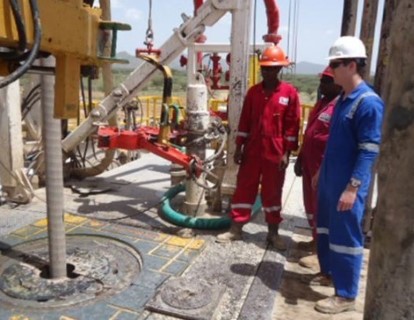
DE0172 : PTA/RTA Advanced
- Date: Jan 18 - Jan 22 / 3 Days
- Location: Doha, Qatar
- Course Details Register
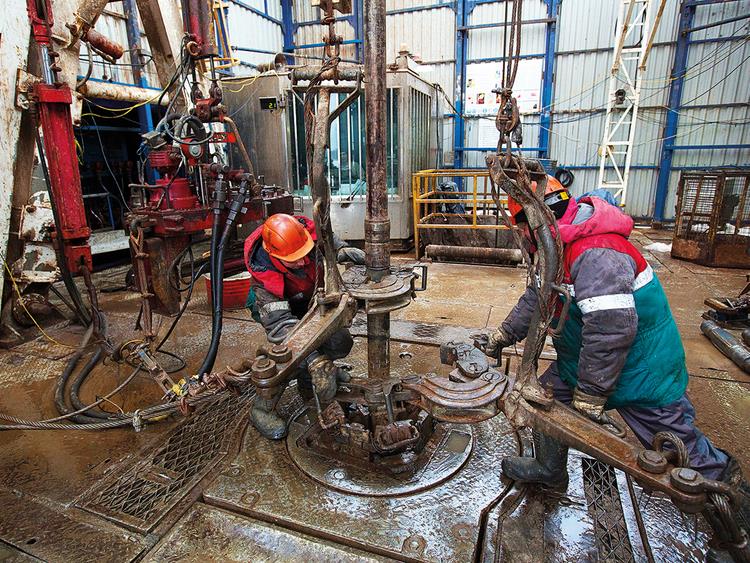
DE1014 : Stuck Pipe Prevention & Fishing Operation
- Date: Jan 18 - Jan 22 / 3 Days
- Location: Doha, Qatar
- Course Details Register
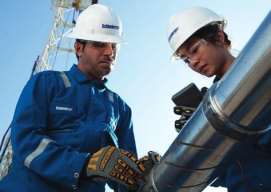
DE0351 : Reserves Estimation and Uncertainty
- Date: Jan 18 - Jan 22 / 3 Days
- Location: Doha, Qatar
- Course Details Register
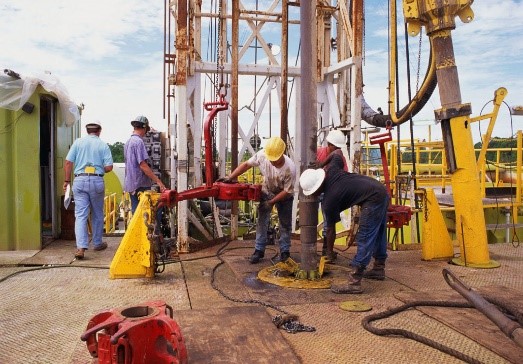
DE0500 : Screening of Oil Reservoirs for Enhanced Oil Recovery
- Date: Jan 18 - Jan 22 / 3 Days
- Location: Istanbul, Turkey
- Course Details Register
